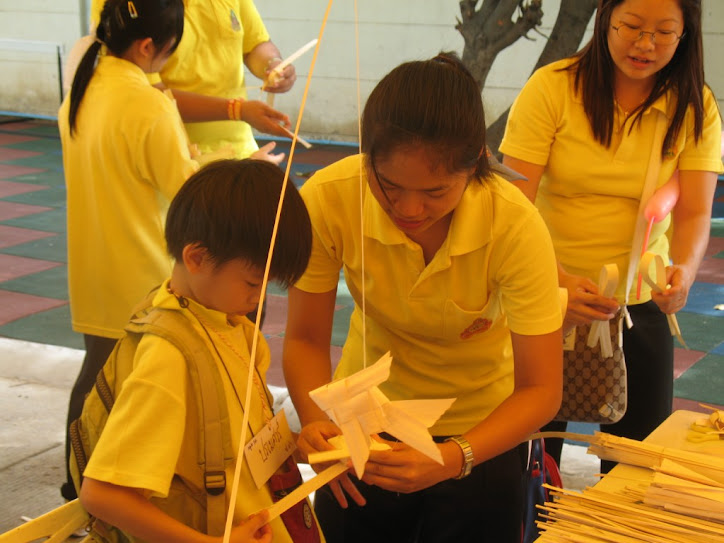
Travelling has made working abroad much easier through gaining knowledge of countries, people and their cultures. Without this knowledge it’s hard to imagine how we can begin to understand people from other countries. The experience I have gained over the past eight years has become a valuable resource for employment and has helped me maintain an interesting life away from my home country. Been away from home for many years does have an effect on your relationship with family and friends in some ways and must be approached carefully in the hope not to become to detached to the people you respect most. I have concentrated on various changes within my life over the years, something working abroad has assisted me with. I have been a home owner in the United Kingdom and also rented houses so I’ve been down the property avenue of life. Living abroad is different in the way that I won’t own a property or have a long term lease. Some countries such as Thailand allow long term leases but don’t allow foreigners to own land although the materials the home is built with are owned by the buyer, in many cases foreigners. I considered living in Thailand for many years but due to the visa regulations and new laws this was made almost impossible.
It’s important to have friends when working abroad, people you can talk with and trust to help you out with various situations that might arise. I once made the mistake of been lonely for a long time when working in Thailand mostly my own fault. I guess sometimes we become detached from people without realising and spend too much time alone. The situation grew worse for me as time went by and I soon realised I must venture out more, do some site seeing, holidays and nights out with new friends. As a teacher there are various ways you can meet people especially when teaching in South East Asia. There are hundreds of teachers in the same situation looking for new friends on internet forums and on local websites. There are lots of teaching forums in South East Asia that have membership for posters. There are organised nights out for expatriates on a regular basis that might interest expatriates. I’ve recently returned from Singapore where there is a large expatriate community all looking for people to hook with on a weekend. The internet can be a safe place when used correctly. The things I look for before meeting people from the internet when travelling and working is the amount of posts they have in the forums and their status as a member. The best thing about the Singapore Expatriate community is that people tend to meet in groups so you are never alone with one person. The groups have leaders and their names are well known in the community. These are just a few points that should make meeting people a safer more rewarding experience.
Learning a language is the easiest route to success abroad where communication improves enough to be placed above most of your competitors when attending a walk in interview. Been able to communicate in the country you live in will allow you to meet more people, become a member of more clubs, help you make new friends and most of all save you money when purchasing expensive items. I’ve learnt enough to be able to communicate a little. I’m living and teaching in Bangladesh, a new adventure for a couple of years where I must learn some local phrases and terms to improve my life here. Bangladesh’s seem to enjoy communicating with foreigners that can speak their language. At most they are quite well educated, many returning from America, United Kingdom, Australia and Canada where they have been studying for many years. Of course there is the poor side of Bangladesh, a serious problem that the new government promise to improve. I guess like most big cities the amount of people living in a small area just doesn’t improve matters.
Living and working abroad requires a lot of paperwork such as visas, work permits, health documents, tax numbers, in some countries regular three month consulate visits to check addresses, for teachers some countries require a culture course for licence to teach, a TEFL certificate for teachers, the BA degree for teaching in most countries, vaccinations and passport. Thailand now has a criminal record check up for travellers and expatriates wishing to work there. I remember thinking to myself when I started teaching in Thailand if the incident with the police when arrested for been a little loud and intoxicated after a nightclub would block my employment plans but nothing was checked. It’s ridiculous to imagine these small issues can effect employment but apparently in some cases they do. South East Asia seems to attract the more serious criminals for some reason. Thailand’s problem with serious sex offenders still seems to headline the newspapers from time to time. It’s not an attempt to make you paranoid it’s just a warning if you wish to work overseas to be aware of your past criminal record and the possibilities of been refused.
+%5BDesktop+Resolution%5D.jpg)





No comments:
Post a Comment